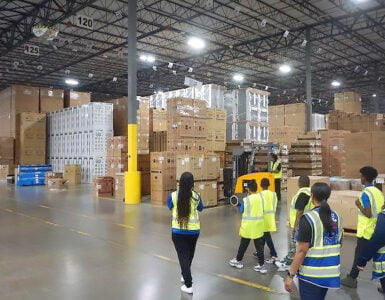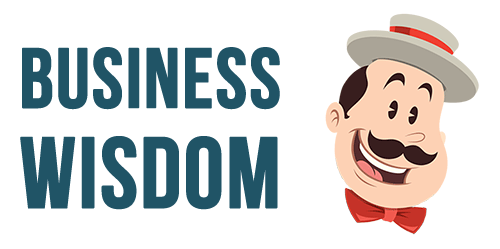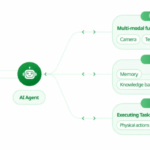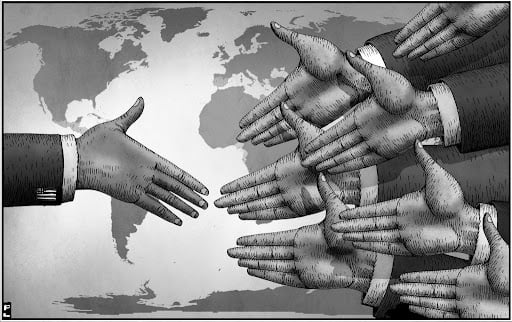
I did when I was a student and even later in my mid-career. The reality is that many of us, especially when we were still college students, have difficulty in making the decisions regarding the major and our potential career paths. Some of us may still experience such a struggle even after we have completed a degree program.
The difficulty of making a career decision as well as the corresponding psychological and emotional compression have resulted in a frequent job change and high turnover among the recent graduates.
The hospitality and tourism industry, for example, has long been struggling with attracting and retaining talents. The accommodation and food services segment has the highest “quits rate” among all industry sectors, defined as “the number of quits during the entire month as a percent to total employment” by the U.S. Bureau of Labor Statistics.
Adolescents and college students are hence highly encouraged to seek career advice at school. Hospitality students often counsel with their professors and instructors, especially those with managerial experiences and good industrial connections.
A good number of professors and instructors, however, might not have gone through formal training in career counseling to assist students with career decision-making difficulties (CDD). Studies that provide insightful information regarding what leads to CDD can be helpful in this regard.
Contents
The research study
I worked with Drs. Ning-Kuang Chuang at Kent State University and Patrick Lee at Cal Poly Pomona on a project entitled: Assisting students with career decision-making difficulties: Can career decision-making self-efficacy and career decision-making profile help? The full paper was published in the Journal of Hospitality, Leisure, Sport, & Tourism Education.
The hypothesis
Through a review of the current literature, we proposed one hypothesis for statistical analysis:
Career-decision-making self-efficacy (CDMSE) and career decision-making profiles (CDMP) have the predictive ability of CDD when controlling the background information (i.e., work experience in the hospitality industry, transfer status, upper- or lower-division classes, and work hours).
The data and the analysis
We administrated a survey with the students enrolled in selected classes from two hospitality programs, one at Cal Poly Pomona and the other at Kent State. We distributed a total of 420 surveys and received 273 valid questionnaires, at a return rate of 65%.
The survey comprises two sections. The first section lists questions about the participants’ background information. The second section includes the questions designed to measure the three key constructs, namely CDD (36 items for 10 difficulty categories), CDMSE (25 items for 5 subscales), and CDMP (36 items for 12 profiles).
The above scales were adopted from the literature in career counseling. After assessing the reliability and validity of the scales, we performed descriptive analysis, correlation analysis, and sequential regression analysis.
Highlights of the findings
Descriptive Statistics
- In terms of CDD, General Indecisiveness, Lack of Information about Various Occupations, and Dysfunctional Beliefs were considered the top areas that affect students’ decision-making process.
- Self-Appraisal and Planning were rated the highest among the CDMSE subscales.
- In CDMP subscales, Aspiration for an Ideal Occupation, Locus of Control, and Effort Invested in the Process received the highest mean scores. At the same time, Information Gathering, Procrastination, and Dependence on Others were rated the lowest.
Results of the correlation analysis
- Students holding a full-time job during school years rated lower on CDD.
- The longer work hours students had, the higher they rated on CDMSE.
- Students who rated higher in CDMSE tended to experience lower CDD.
- When looking at the subscale of CDMP, CDD is positively related to Procrastination, Information Gathering, Dependence on Others, Desire to Please Others, and Intuitive, but negatively related to Speed of Making the Final Decision, Locus of Control, and Aspiration for an Ideal Occupation.
Results of the sequential regression analysis
- CDMSE and CDMP explained 27.2% and 25.6% of the variance in CDD, respectively.
- CDMSE – Goal Selection (negatively or “-“), CDMP – Locus of Control (“-“), CDMP – Effort Invested in the Process (positively or “+”), CDMP – Procrastination (“+”), and CDMP – Speed of Making the Final Decision (“-“) were significant predictors of CDD.
The implications
Now that we have found out the significant contributors to CDD, we can make suggestions to help those struggling with making a career decision. For example, because Lack of Readiness – General Indecisiveness, Lack of Information – Occupations, and Lack of Readiness – Dysfunctional Beliefs were rated the top three subscales affecting CDD, career counselors and advisors may:
- Support students with workshops regarding decision making
- Share real examples about how others learn from their mistakes and grow from failures
- Conduct a series of workshop, ideally each workshop or series for one specific career track (e.g., career tracks in hotels, restaurants, event management, and food retails)
- Invite alumni or guest speakers of different career tracks to share their work experience and career paths
- Encourage them to explore multiple career options and let them know there is more than just one way to succeed
- Avoid adding pressure to students in making a career decision by saying that their destination will solely be determined by their career decision
Referring to the results of the sequential regression analysis, academic programs may
- Encourage students to gain more work experience if it is not affecting their academic performance, such as taking multiple summer internships
- Assist students in assessing their interests and provide the career options that align with their interests
- Provide the career options that align with students’ preferred lifestyle
- For those who tend to attribute their success to the external factors, share with them the inspirational real-life examples and let them know their hard work can help them reach their goal
- Encourage those who have already invested much time in the decision-making process to setback from time to time, allowing them to reflect on what they have achieved before making a new move
- Help those who usually wait until the last minute to set a timetable and make sure they complete the tasks according to the timetable
- Follow up with those who typically wait until the last minute to do things to ensure they begin completing certain tasks before the deadlines
- Allow those who can make quick decisions without difficulty to make their own decisions with minimal advising
- Provide tips on how to make quick decisions for those who are incapable of doing so
Recalling your own experience, did you ever struggle with making a career decision? If so, what challenged did you face when making a career decision? How did you deal with those challenges at the end?
[“source=hospitalitynet”]



















































